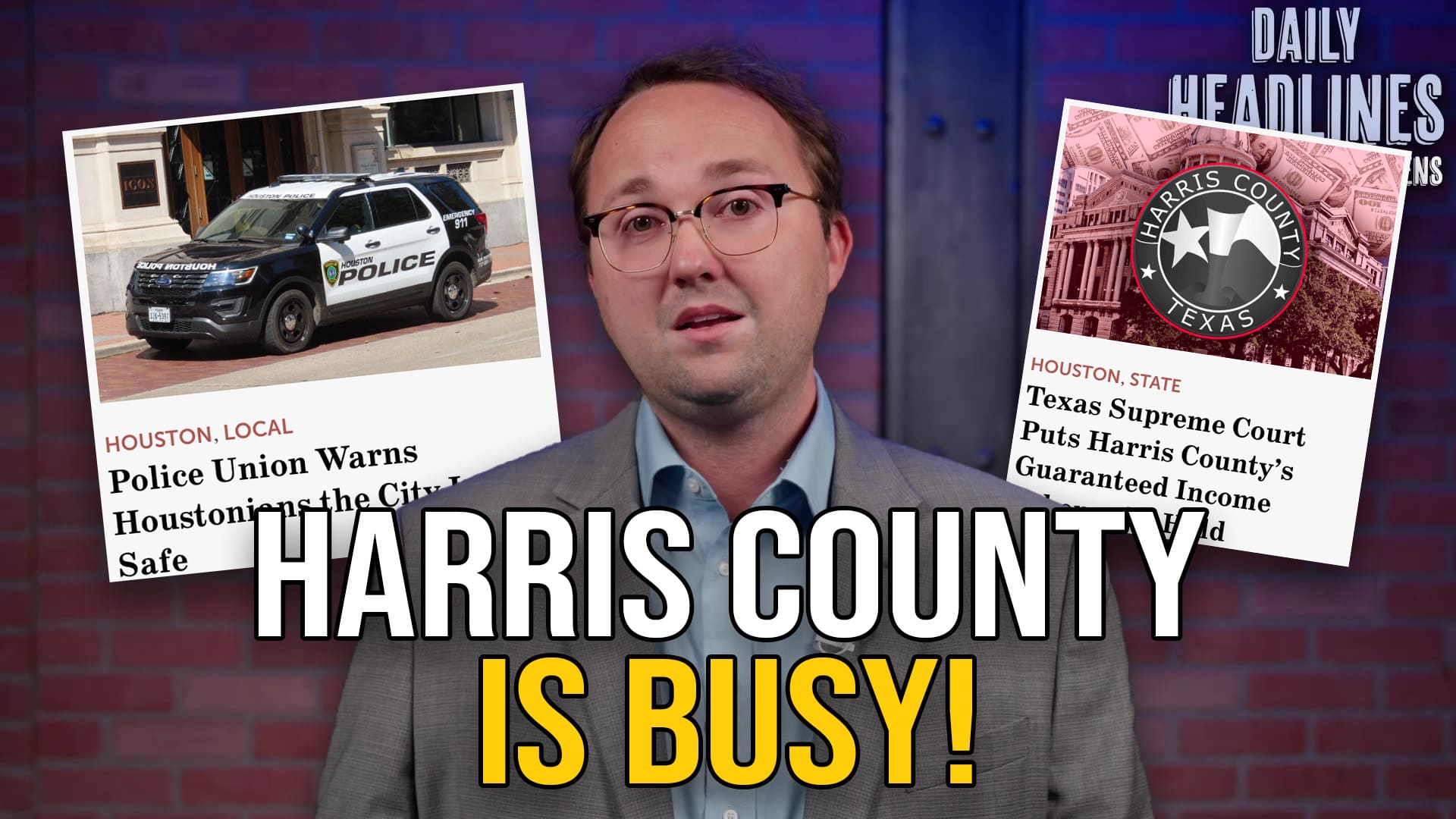The speech regulators at the Texas Ethics Commission are going after the constitution again, this time attacking sec. 16 of the Texas Bill of Rights, which prohibits “ex post facto” or “retroactive” laws.
On Friday, March 13, the TEC published a proposed amendment to its rules in the Texas Register for comment. The amendment would strike long-standing provisions in the agency’s rules prohibiting it from adopting rules that “directly address the subject matter of pending litigation – including a sworn complaint – known to the commission.”
The TEC argues that they need the ability to change their rules in mid-stream in order to “clarify an area of the law without having to wait until pending litigation in that area of the law is completed.” But there is a simple solution to the TEC’s problem – they could just dismiss a complaint that is based on an area of law that they concede is “unclear.”
Indeed, considering that the campaign finance laws and rules that the TEC oversees all impact areas of pure speech, the agency is constitutionally obligated to settle litigation and dismiss sworn complaints that allege violations of laws and rules that the TEC knows are vague or unclear.
But such a common-sense practice would hamstring the TEC commissioners from using their agency as blunt force instrument against their critics.
At a recent TEC meeting, Commission Chairman Paul Hobby, a Houston Democrat appointed to the TEC by House Speaker Joe Straus, outlined his views on the limitations on due process at the agency:
“You have to participate in due process to be entitled to it. And you’ve got your objections, and I know you want to have a hearing where we call constitutional balls and strikes. I’ve told you we don’t do that. We investigate complaints. You don’t cooperate in our investigation, and I think that disqualifies you from coming up here and complaining about our delay or our lack of due process.”
It now appears that Paul Hobby believes “due process” at the Texas Ethics Commission should not extend to protections against ex post facto and retroactive laws and rules.




